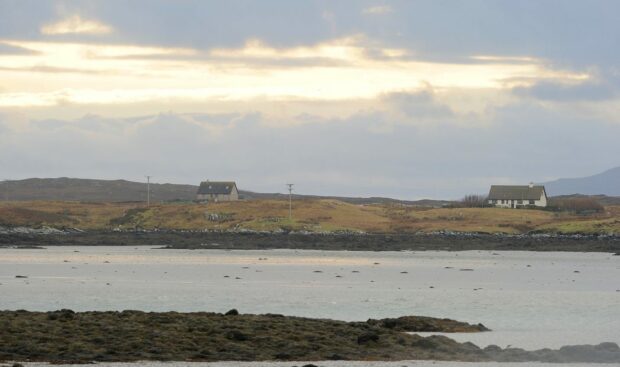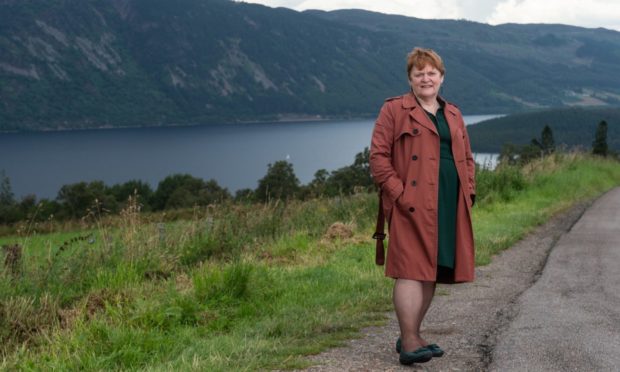The chairman of Boundaries Scotland has dismissed claims that a proposed council ward shake-up will risk exacerbating depopulation in the Highlands.
Ronnie Hinds told MSPs that the controversial changes suggested in the north were not “dramatic” and they were unlikely to have a “significant impact” overall.
He was speaking to Holyrood’s local government committee on Tuesday, one week after Highland Council leader Margaret Davidson had urged MSPs to reject the proposals.
Giving evidence last week, she said elected members in the Highlands had been left feeling “deeply unhappy and dismayed” by the recommendations.
One of the concerns highlighted by Ms Davidson related to a plan to reduce the number of councillors in the North, West and Central Sutherland ward from three to two, and in Wester Ross, from four to three.
She said: “We think this is a real contrast to the Scottish Government’s supportive policies emerging about depopulation and that this is only going to make matters more difficult, because we believe that the challenges of representing these vast wards needs more than two and three councillors.”
Local government committee convener Ariane Burgess, a Highlands and Islands MSP, asked Mr Hinds about the potential impact on efforts to reverse depopulation in rural areas.
‘Over-represented’
Mr Hinds said: “I do think it is important to get perspective on this
“The net result of our recommendations in terms of councillor numbers for Highland is that it would reduce by one, and I struggle to regard that as a significant impact on effective and convenient local government, to go from 74 to 73 councillors,” he said.
There is no way you can put councillors in an area where there is not an electorate and expect the electorate will somehow follow them – it isn’t going to work like that, it’s the other way around.”
Mr Hinds added: “If you look at it, in the four most northern wards, the net effect would be a reduction of one in the current number of councillors.
“By contrast in the greater Inverness area, the net effect is an addition of one.
“So those numbers don’t look excessive to me. It’s inherent in the very idea of a review that there is going to some change, but that is hardly a dramatic one.
“And maybe the most fundamental point is that we have to deem to place representation where the population and the electorate is.
“There is no way you can put councillors in an area where there is not an electorate and expect the electorate will somehow follow them – it isn’t going to work like that, it’s the other way around.
“In fact, the areas to the north, all four of them, are over-represented compared to the rest of Highland.”


